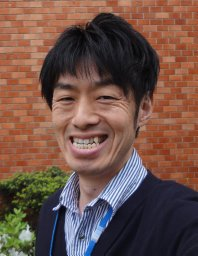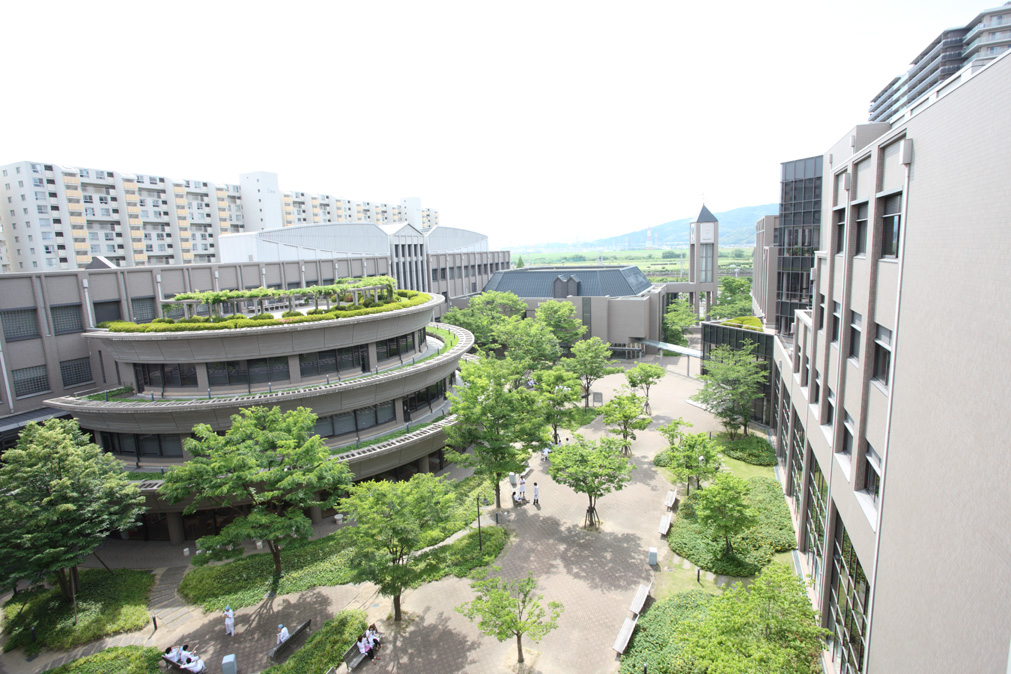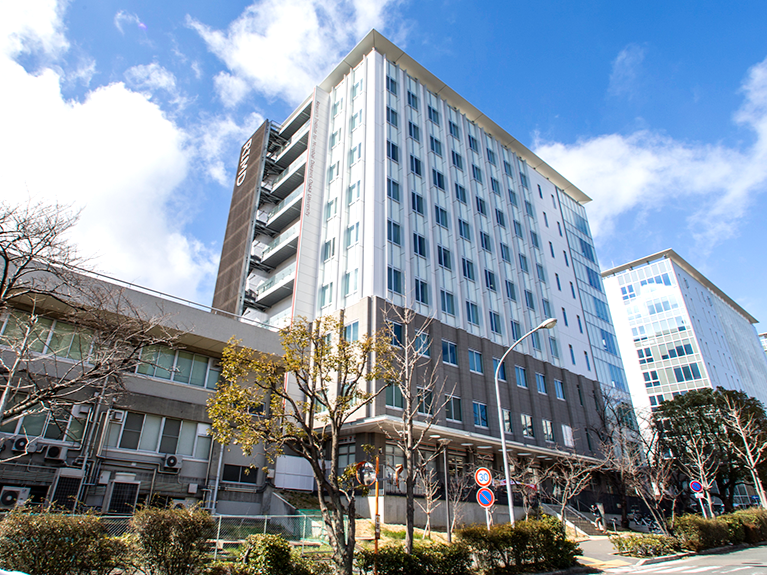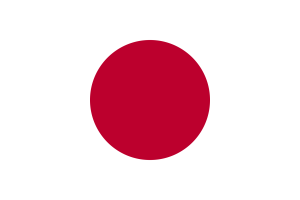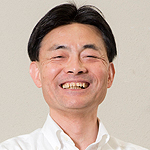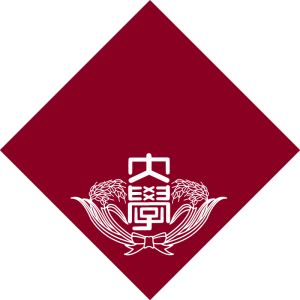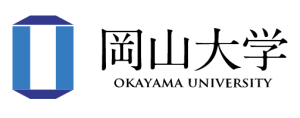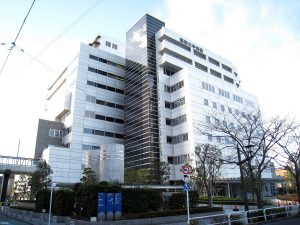A chemistry journal has retracted a 2020 review article by a nanotube researcher who fabricated and falsified data in dozens of studies.
The latest retraction for Naohiro Kameta brings his total to 40, earning him a place on the Retraction Watch Leaderboard.
In a 2020 review article in Chemical Reviews, 24 of the 610 works Kameta and his coauthors cited had themselves been retracted following the publication of the paper, according to the retraction notice. Because these references were “important components” of the review article, “the narrative and claims presented can no longer be upheld,” the notice reads. The review has been cited 164 times, according to Clarivate’s Web of Science.
Continue reading Chemist in Japan up to 40 retractions